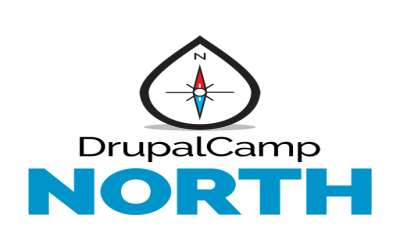DrupalCamp North 2015 (Sunderland, 25/07/2015).

In this talk, I present the first set of findings from my PhD research, in which I am exploring the Drupal community as part of the wider phenomena of Commons-Based Peer Production (http://en.wikipedia.org/wiki/Commons-based_peer_production).
During this first stage of my research, I studied the notion of contribution: what does to contribute mean in the Drupal community? While contribution activities focussed on the collaborative creation of different types of digital commons (e.g. source code, documentation, etc.) have been widely explored, other types of contribution whose focus of action is directed towards the community have remained less visible. Drawing on data collected from documentary analysis, semi-structured qualitative interviews and participant-observation I offer empirical evidence of:
- The perception of "community-oriented" activities (such as the organisation of F2F events, mentoring, etc.) as contributions.
- Its lack of visibility, by looking at how this is reflected in Drupal.org (e.g. user profiles). I discuss as well the limitations with regard to the conceptualisation of value in Commons-Based Peer Production and on its incorporation in the socio-technical systems employed by these communities.
- Its relevance for the sustainability of the community, fostering collaboration between Drupalistas in several ways: creating and scaling up the sense of community, avoiding impostor syndrome for newcomers, etc. I connect this to the larger literature on the commons, by drawing on the concept of affective labour (http://en.wikipedia.org/wiki/Affective_labor). This refers to the labour that creates or modifies the emotional experiences of the participants in these communities. I discuss how similar dynamics can be found in completely different domains (such as non-digital ones) in the literature. This refers to the role of these contribution activities to change the subjectivities of their participants: the idea of "becoming a commoner through commoning", or, in this case, "becoming a Drupalista".
The following links provide several reviews of the presentation in blog posts by several members of the Drupal community: [1], [2], [3], [4].